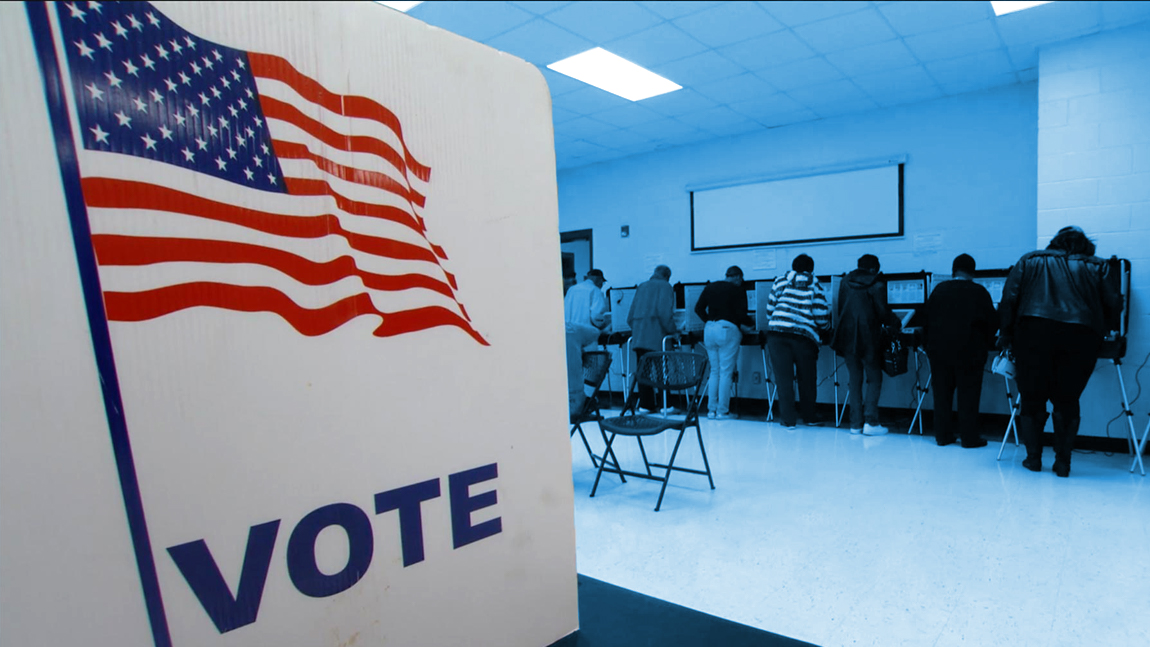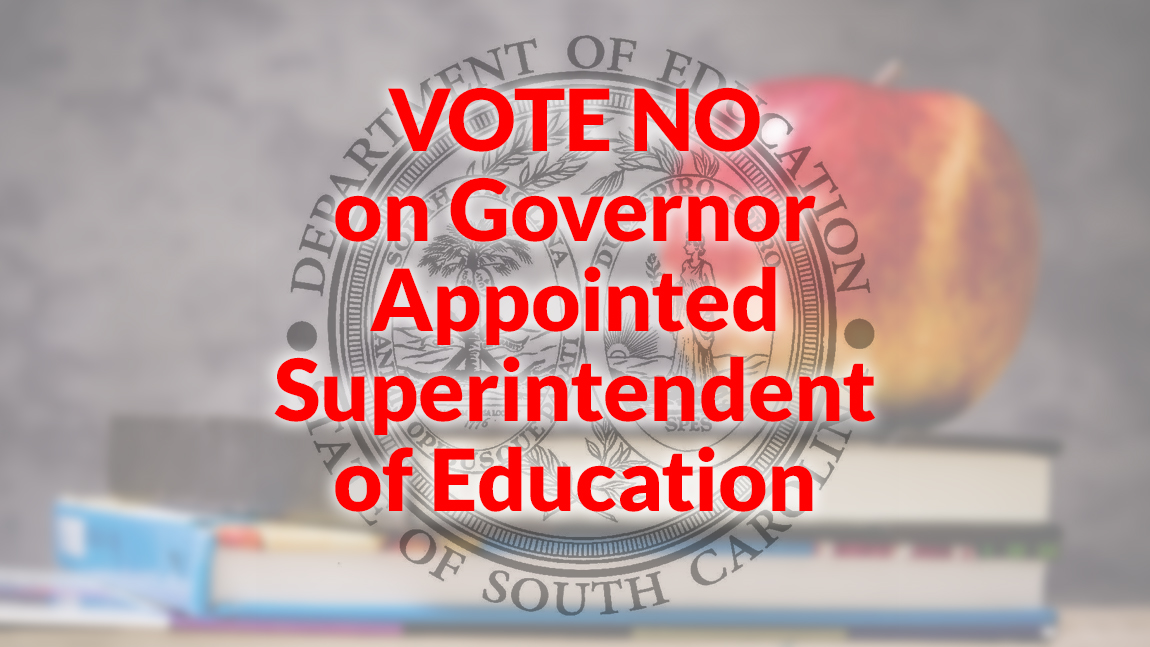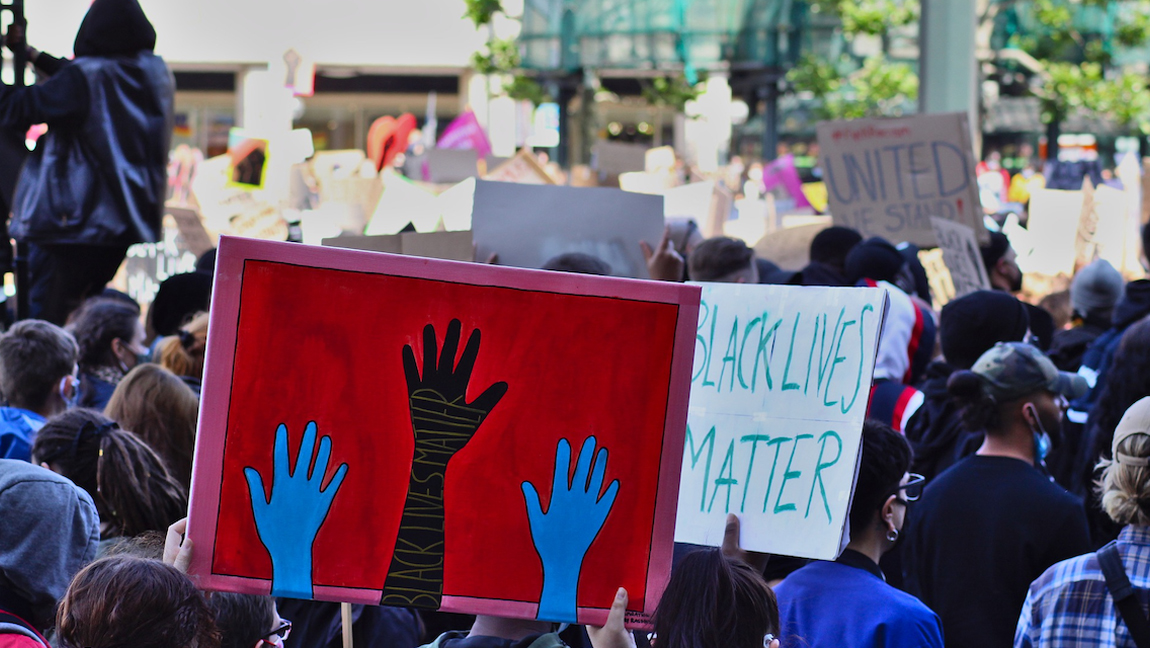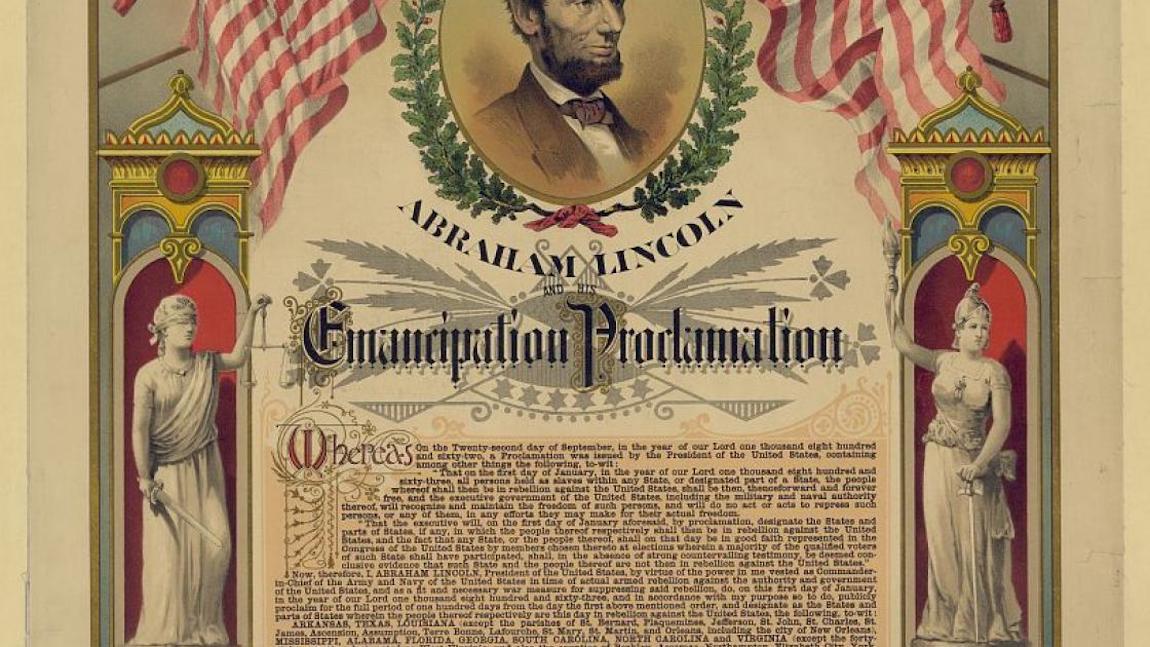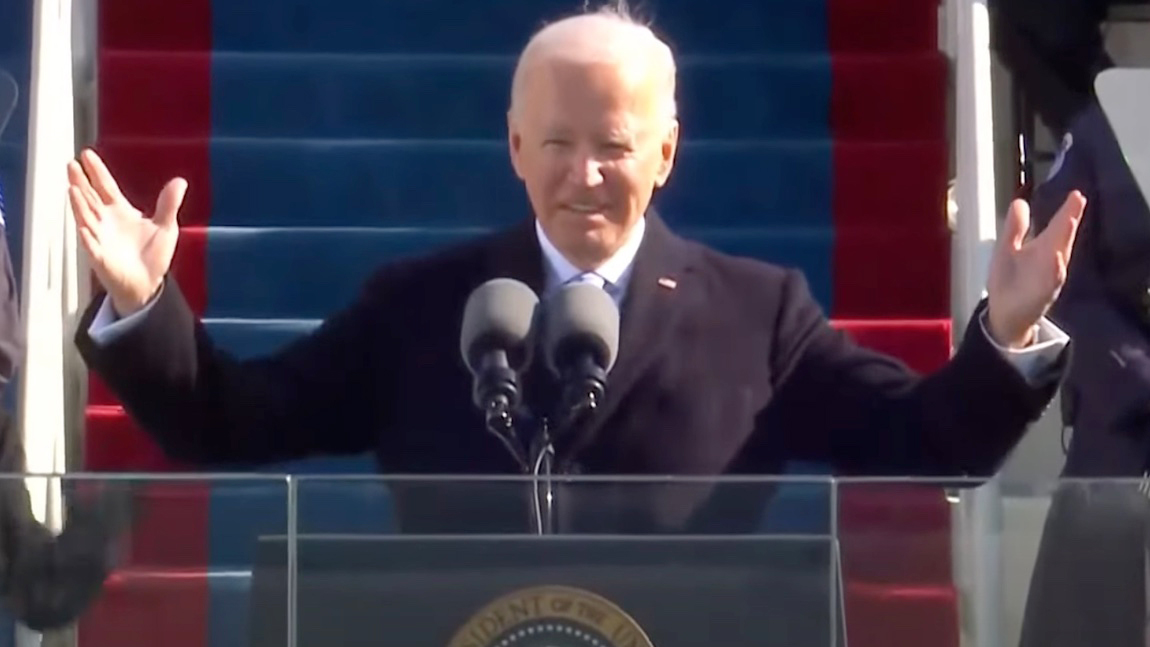Anyone who has voted knows that polling places are not self-serve. The men and women in charge of making sure your vote is protected and registered appropriately are trained to manage all the tasks associated with in person voting at the over 120 precincts in Horry County. They are not permanent staff who work for the Horry County Registration and Elections Board; they are people like you who choose the elections they want to work and get paid for their service.
The term Poll Worker includes both Poll Managers and Poll Clerks. All Poll Workers are expected to conduct themselves in a non-partisan fashion at the polling location and take an oath to abide by election laws and to uphold the Constitution. They should not to be confused with Poll Watchers, who are unpaid and trained by the political party they represent to observe polling locations and report any issues back to the party.
HCDP is fortunate to have several volunteers who are also Poll Workers. One of these is Patty Hampton, HCDP Credentials Chair and President of the South Enders Democratic Club. Patty, who is a Poll Clerk, was kind enough to take some time to explain all the ins and outs of being a Poll Worker, as well as the safety measures implemented for this year’s election so this article could be written.
To review the criteria to be a Poll Manager and for more information, click here.
Critical Shortage of Poll Workers
There are two levels of Poll Workers – Poll Manager and Poll Clerk. Everyone starts out as a Poll Manager. Poll Clerks are selected by the Voter Registration and Elections board from experienced, qualified Poll Managers who have the ability and willingness to take on additional responsibilities on election day.
Every polling location should have at least four to five Poll Managers and one Poll Clerk; some large precincts may have more. Due to COVID-19, some experienced Poll Managers have concerns about working on election day with the expected crowds, who are not required to wear masks, and have opted to not work this year. This has resulted in fewer Poll Managers, which means that polling locations, as they were for the June Primary Election, may have to be consolidated across the county due to staffing issues.
We need to get new Poll Managers trained for the November 3 General Election to try to avoid closing of polling locations. Closing a polling location and consolidating it with another is a hardship for some voters who may not have transportation to the new location. In addition, there is a risk that voters will not be aware their polling location has been changed and show up at the wrong place on election day not knowing where to go. It also results in overcrowding at these consolidated polling locations, which means longer lines and potentially increased risk of exposure to COVID-19 for voters.
Every vote is critical in this election. We need to all do our best to make sure voting is as easy as possible November 3. One way is to become a Poll Manager, if you are willing and able.
The Voter Registration and Elections Board has safety measures in place for all Poll Workers this year including face masks, gloves, plastic barriers at the check in desk between the voters and the Poll Workers, availability of hand sanitizer and keeping six feet apart. In addition, the voting machines and pens are wiped down with alcohol in between voters.
Complying with these safety measures means the risk is significantly reduced for Poll Workers, who should also be mindful of their personal interactions with voters in line who will be asked to maintain social distancing.
Becoming a Poll Manager starts with an application. Once approved, you will complete training, either online or in person before being assigned to a polling location.
A Day in the Life of a Poll Worker
Working the polls is a long day; no doubt about that. All Poll Workers have to be there at 6 a.m. to set up the voting machines, scanner, laptops, sign in sheets and everything else needed to get voters through the voting process. They also need to stay after the 7 p.m. closing time to clean up and pack everything that was put out for the day. This includes all signs, including curbside voting signs placed outside.
Once the polls are open at 7 a.m., one or two Poll Managers are responsible for signing in voters and handing them a ballot, which they will use in the voting machines. Anyone who requires curbside voting will send the driver in, if no Poll Manager is outside checking for curbside voters. They will request a machine be brought to their car for the voter. Poll Managers are responsible for bringing the machine out, with ballot, and returning it after the vote has been cast.
One to three additional Poll Managers are responsible for managing the line to the voting machines, as well as making sure all ballots are scanned after voters leave the voting machine.
The Poll Clerks, who are responsible for managing the polling location and overseeing Poll Manager activities, fire up the voting machines before the poll opens and print out a “zero tape”, which shows there were no votes on the machines at the opening of the polls. This is posted at the entrance for voters to see as they come in.
Poll Clerks float throughout the day helping out where needed to keep the flow of traffic moving. They are also responsible for managing provisional ballots, answering questions Poll Managers can’t handle, contacting the Voter Registration “rovers’ when voting machines are not working and managing the need for paper ballots if voting machines are down.
At the end of the day, after the last voters are allowed to enter and the door is locked at 7 p.m., Poll Clerks will collect the ballot box from the scanner, all provisional ballots, laptops, supplies and all paperwork required to be returned to the Voter Registration office in Conway. Voting machines and scanners are left to be picked up by someone from the Voter Registration office.
So, What’s the Pay?
Poll Managers and Poll Clerks are paid by the Voter Registration and Elections Board. For Poll Managers this is currently $165, which includes the basic training, COVID-19 training, additional COVID-19 related duties on election day and working the polls. Poll Clerks receive an additional $60 for added training and responsibilities bringing that total to $225 to work on election day.
Lunch is also provided; however, Poll Workers can bring their own lunch if they desire. All Poll Workers are expected to remain at their polling location for the entire day.
Poll Workers will also vote In-Person Absentee or Mail-In Absentee for the election.
Poll Workers provide a needed community service by ensuring that ballots are cast without hindrance and the voting process is in compliance with all local, state and federal laws.
If this looks like something you are able to do and you could use some pocket money, please consider applying to be a Poll Manager for Horry County on November 3.
This is the most critical election of our lifetime and we need dedicated people to help us make sure all polls are open on November 3.
HCPD appreciates your support for this critical need.

